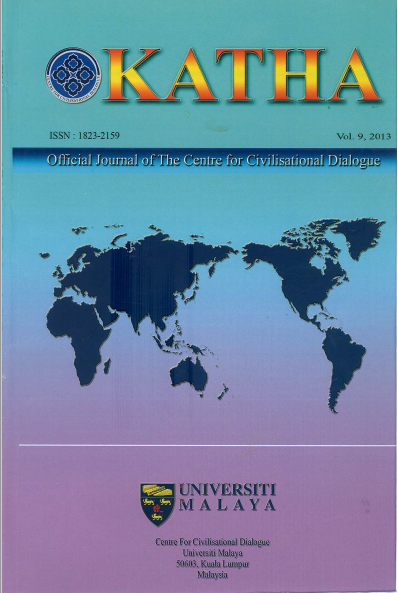The Significance Of Moderation As A Heritage In The Pre-Islamic And Islamic Malayonesian Leadership
Keywords:
leadership quality, moderation practice, wustisation practice, pre-Islamic, Malayonesian CivilizationAbstract
A number of scholars defined moderation in the 1990s to be the best policy in leadership instead of optimization. We show that the Malayonesian great leaders at least from the 7th century AD up to the 17th century AD explicitly adhered to a moderation or wustaisation doctrine of leadership. An outstanding leader during pre-Islamic period was Sri Jayanasa, the founder of the Sriwijaya Kingdom, Sumatera in the 7th century AD, who implemented waropaya (a sufficiency policy, a kind of moderation) for his people to achieve sukha (joy). Sri Jaya Indarawarmadewa, who is known as a king for the Champa Kingdom,Vietnam in the 11th century AD who practiced sanama (moderation) and paksapata (balance and justice). Another leader, Patih Gajah Mada, the greatest prabu (the prime minister) of the Majapahit Kingdom, Central Jawa in the 14th century AD was sarjawa upasama (humble and not arrogant) and he practiced prasaja (a kind of moderation). In the period of Islamic Malayonesian kingdoms notably during the Aceh Kingdom, Johor-Riau Kingdom, and Patani Kingdom in the 17th Century AD leaders were taught or adviced to be wusta (Islamically moderate) by their leadership and management gurus, notably by Bukhary al-Jawhary in his magnus opus on the subject, Taj al-Salatdin.
Downloads
Downloads
Published
How to Cite
Issue
Section
License
Articles submitted to the journal should not have been published before in their current or substantially similar form, or be under consideration for publication elsewhere. Authors submitting articles for publication warrant that the work is not an infringement of any existing copyright and will indemnify the publisher against any breach of such warranty. For ease of dissemination and to ensure proper policing of use, papers and contributions become the legal copyright of the publisher unless otherwise agreed. By submitting a manuscript, the author(s) agree that copyright for the article is transferred to the publisher, if and when the manuscript is accepted for publication. However, it can be reprinted with a proper acknowledgment that it was published in KATHA.

This work is licensed under a Creative Commons Attribution-NonCommercial-NoDerivatives 4.0 International License.




